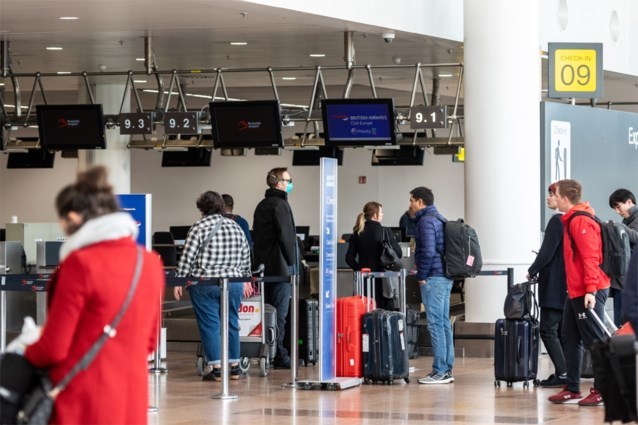Children should not have to quarantine if their parents have been exempt after travelling abroad within the European Union, under the regulations outlined by the digital travel certificate, the European Commission proposed on Monday.
The update to the Council Recommendation on how to lift restrictions on free movement in the EU brought forward by Justice Commissioner Didier Reynders also proposes that member states should exempt children under six from testing for travel when implementing the Digital Green Certificate.
"We propose that Member States coordinate a gradual lifting of free movement restrictions, taking into account the EU Digital COVID Certificate, and expect Member States to make the best use of this instrument and the recommendation to allow everyone to move freely and safely again," Reynders said in a press release.
Related News
- Belgium needs to aim for 85% to 90% vaccination, experts say
- Europe’s recovery: Will it lead to genuine reform?
"If some Member States decide to impose restrictions on free movement, this recommendation offers a coordination key to ensure that these decisions are proportional and non-discriminatory for all European citizens," Reynders added.
Currently, the Commission's outline of the travel certificate states that "children who are excluded from vaccination should be able to travel with their vaccinated parents if a negative PCR test is taken at the earliest 72 hours before arrival," however it does not give more information about what children should do when returning home.
When implemented, travellers will have to show the country they are entering that they have been vaccinated against the coronavirus, have a recent negative PCR Covid-19 test, or have been infected in the past, and are therefore immune.
For fully vaccinated (14 days after receiving the final dose, or the first if receiving the Johnson & Johnson vaccine), or recovered people, the Commission proposes that they should not have to be tested or go into quarantine, irrespective of their origin or destination.
The Commission has proposed to introduce an ‘emergency brake' mechanism to reintroduce restrictive measures if new variants of concern appear, or if a country's epidemic situation faces a rapid deterioration, even for people who have been vaccinated or have recovered from the virus.
It also suggested implementing a standardisation on the timing of the PCR test, which would be considered valid for 72 hours, whilst a rapid antigenic test would remain valid for 48 hours.
On Friday, Belgium’s Consultative Committee is expected to bring clarity about the EU ‘Digital Covid Certificate’, which both Belgium and the EU hope to implement before 1 July.
Belgian infectious diseases expert Nathan Clumeck confirmed that Belgium will also require a PCR test for travellers returning from a red zone country on the European pandemic map (ECDC map), or with a high presence of variants.

